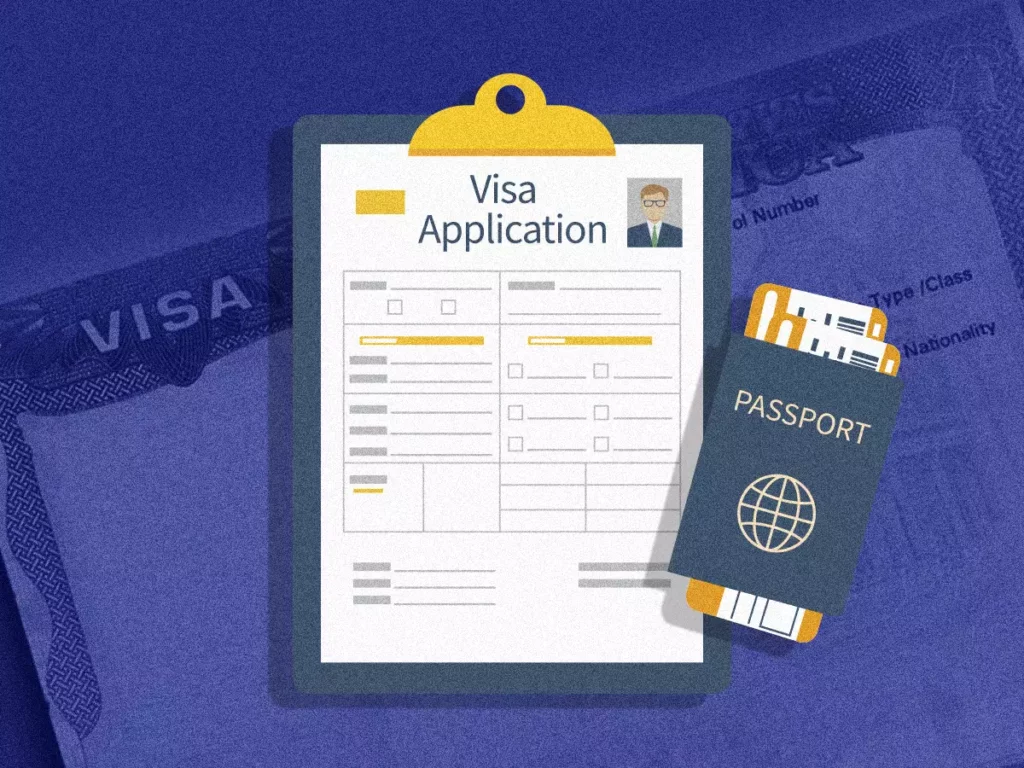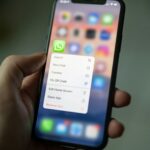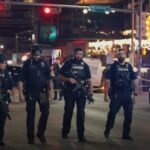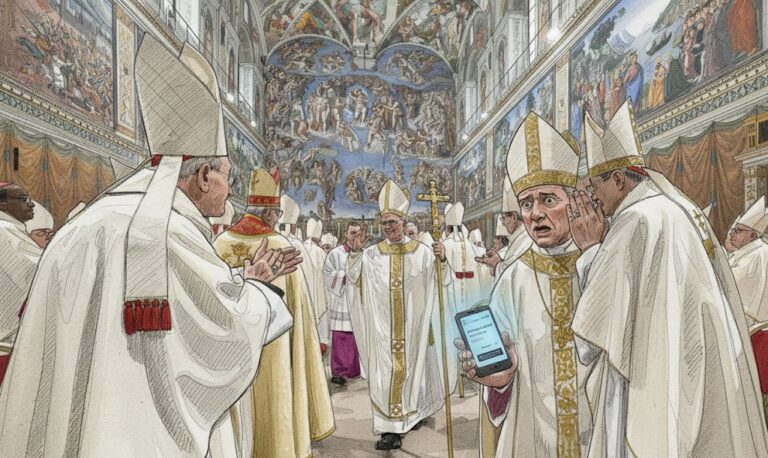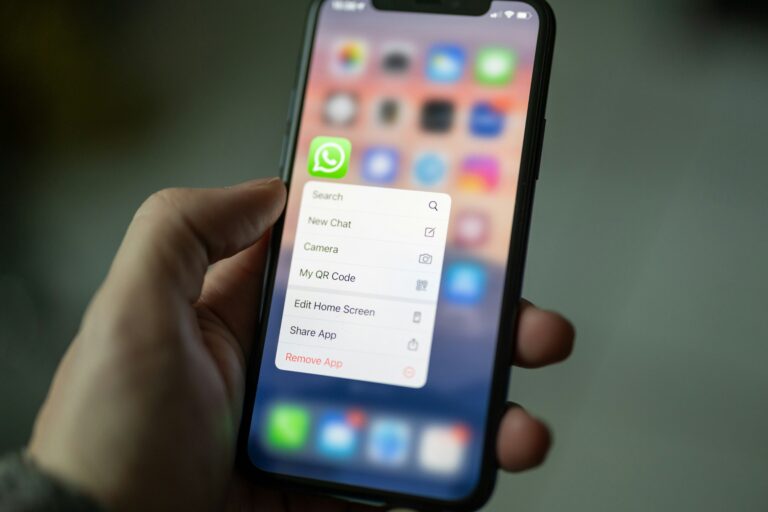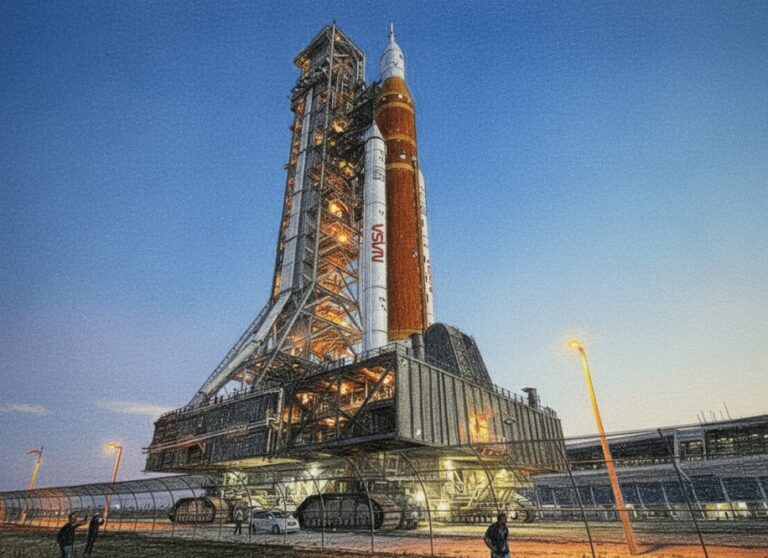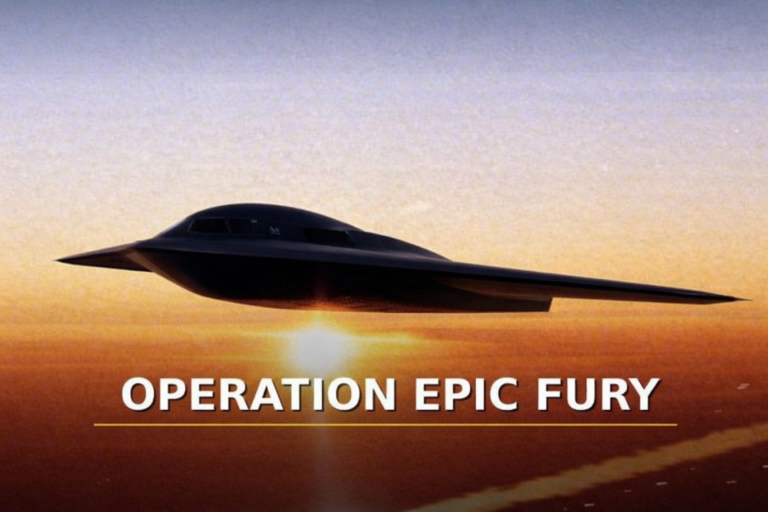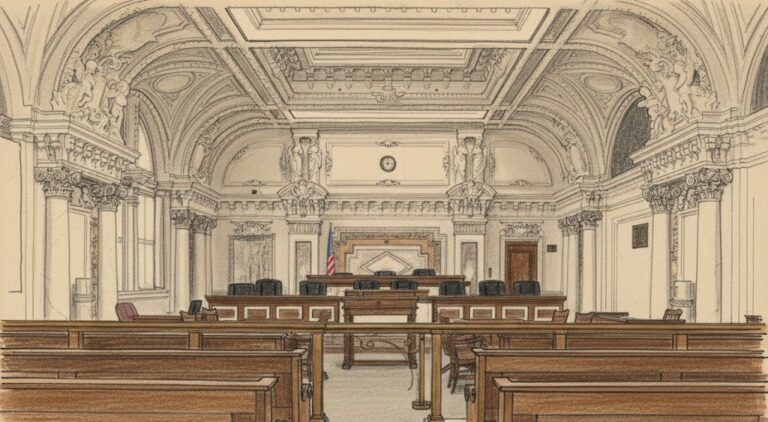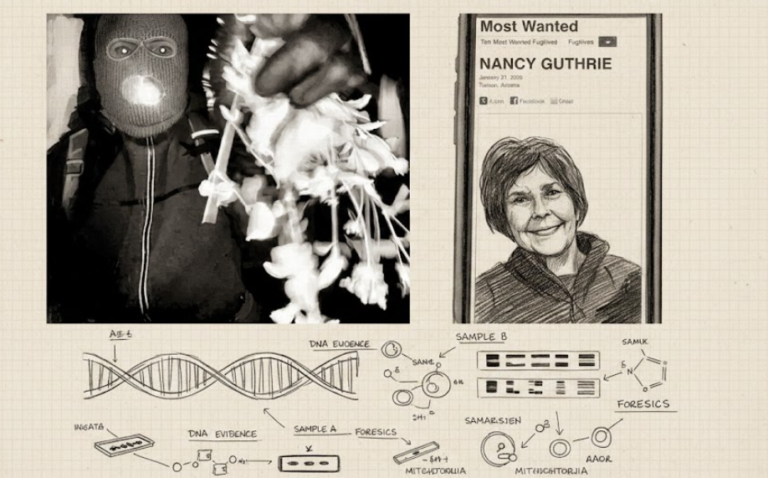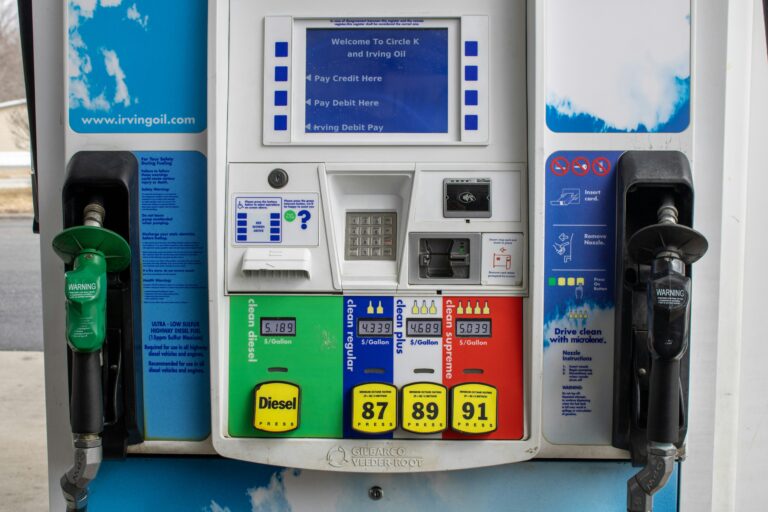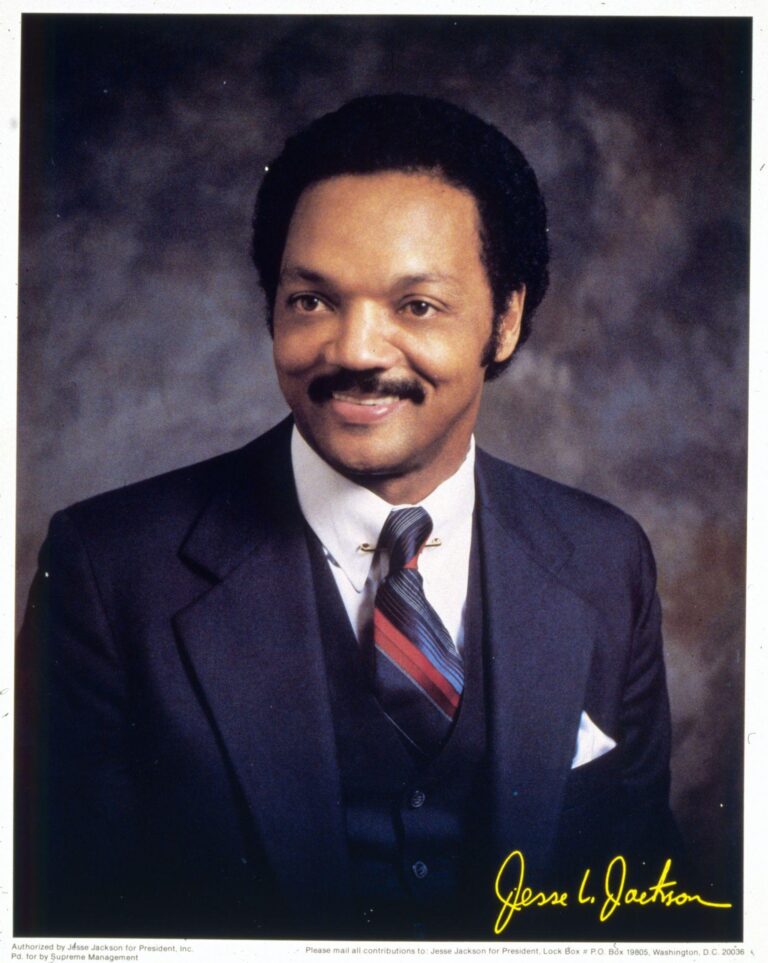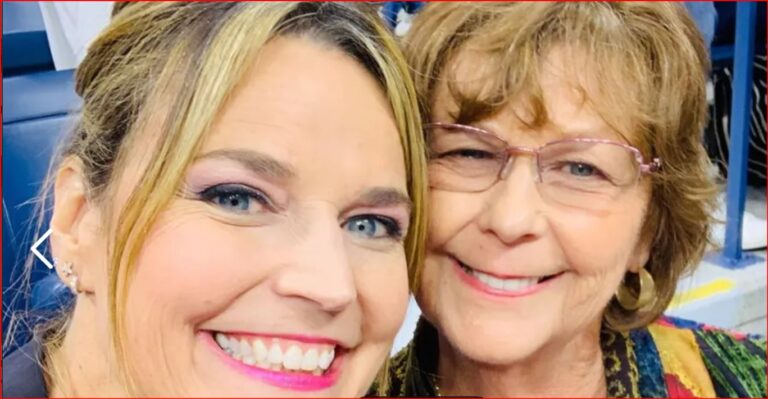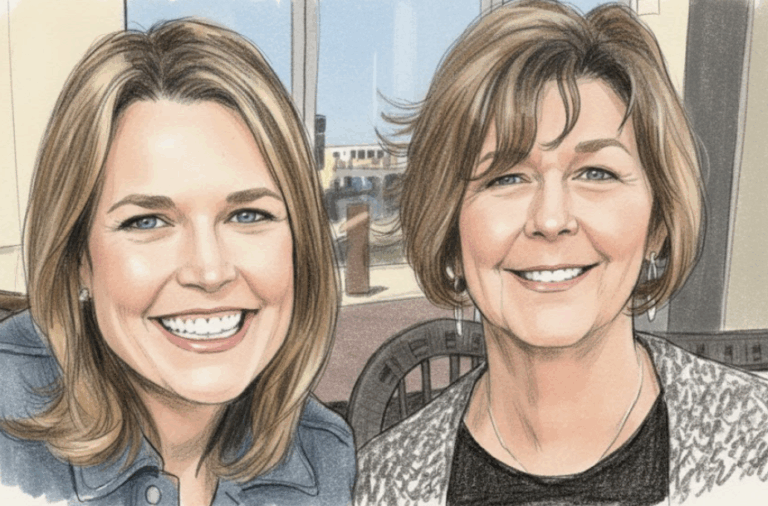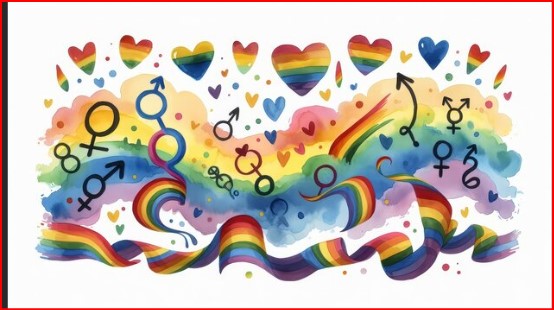Kelly Warner Law Firm Blames USA Herald for Arizona Bar Investigation
In what appears as a desperate attempt to defend multiple allegations of fraud on the courts, the Kelly Warner Law…
By – USA HeraldAaron Kelly Law Firm Resorts To Attacking Former Client Again On KellyWarnerLaw.com – Pattern Recognized
Attorney Aaron Kelly and his law partner Daniel Warner are currently under investigation by the Arizona Bar for legal misconduct.…
By – Jeff WattersonArizona Bar Opens Investigation on Attorney Aaron Kelly
USA Herald recently reported on a developing story involving Attorneys Daniel Warner and Aaron Kelly. Both Warner and Kelly have…
By – Paul O'NealUS Military Reportedly Used Claude (Anthropic AI model) in Iran Strike Operations Despite Policy Ban
Reports suggest the U.S. military may have used the AI system Claude, developed by Anthropic, to assist intelligence and operational…
By – Tyler BrooksIs This the Beginning of the End of Xbox? Revenue Drop, AI Pivot, and Console Future Spark ‘Sunset’ Debate Among Gamers
Microsoft’s gaming division is entering a new phase as Xbox hardware revenue recorded a 32% year-over-year decline during the latest…
By – Ahmed BoughallebJim Carrey Clone Theory Goes Viral After Paris Awards Appearance: ‘Is That Really Him?’ — Online Fans Question “Body Double” Claim, Eye Color Shift, and Facial Changes Spark Heated Debate
The internet has once again found itself caught in the middle of a celebrity mystery. Following a rare public appearance…
By – Ahmed BoughallebCardinal Reportedly Brought Mobile Phone Into Secret Vatican Conclave That Chose Pope Leo XIV
A new book has revealed an unexpected breach during the secret conclave that elected Pope Leo XIV in May 2025:…
By – Tyler BrooksGameStop Reportedly Exploring Major Acquisition, With eBay Named as Possible Target
GameStop is said to be evaluating a potentially transformative acquisition that could significantly alter its business model. Market speculation has…
By – Ahmed BoughallebWhy WhatsApp’s Privacy Policy Is Under Legal Fire in India
A major legal showdown is unfolding in India over WhatsApp and its 2021 privacy policy update — a case that…
By – Ahmed BoughallebUS Military Reportedly Used Claude (Anthropic AI model) in Iran Strike Operations Despite Policy Ban
Reports suggest the U.S. military may have used the AI system Claude, developed by Anthropic, to assist intelligence and operational…
By – Tyler BrooksIs This the Beginning of the End of Xbox? Revenue Drop, AI Pivot, and Console Future Spark ‘Sunset’ Debate Among Gamers
Microsoft’s gaming division is entering a new phase as Xbox hardware revenue recorded a 32% year-over-year decline during the latest…
By – Ahmed BoughallebJim Carrey Clone Theory Goes Viral After Paris Awards Appearance: ‘Is That Really Him?’ — Online Fans Question “Body Double” Claim, Eye Color Shift, and Facial Changes Spark Heated Debate
The internet has once again found itself caught in the middle of a celebrity mystery. Following a rare public appearance…
By – Ahmed BoughallebCardinal Reportedly Brought Mobile Phone Into Secret Vatican Conclave That Chose Pope Leo XIV
A new book has revealed an unexpected breach during the secret conclave that elected Pope Leo XIV in May 2025:…
By – Tyler BrooksGameStop Reportedly Exploring Major Acquisition, With eBay Named as Possible Target
GameStop is said to be evaluating a potentially transformative acquisition that could significantly alter its business model. Market speculation has…
By – Ahmed BoughallebWhy WhatsApp’s Privacy Policy Is Under Legal Fire in India
A major legal showdown is unfolding in India over WhatsApp and its 2021 privacy policy update — a case that…
By – Ahmed BoughallebUS Military Reportedly Used Claude (Anthropic AI model) in Iran Strike Operations Despite Policy Ban
Reports suggest the U.S. military may have used the AI system Claude, developed by Anthropic, to assist intelligence and operational…
By – Tyler BrooksIs This the Beginning of the End of Xbox? Revenue Drop, AI Pivot, and Console Future Spark ‘Sunset’ Debate Among Gamers
Microsoft’s gaming division is entering a new phase as Xbox hardware revenue recorded a 32% year-over-year decline during the latest…
By – Ahmed BoughallebJim Carrey Clone Theory Goes Viral After Paris Awards Appearance: ‘Is That Really Him?’ — Online Fans Question “Body Double” Claim, Eye Color Shift, and Facial Changes Spark Heated Debate
The internet has once again found itself caught in the middle of a celebrity mystery. Following a rare public appearance…
By – Ahmed BoughallebCardinal Reportedly Brought Mobile Phone Into Secret Vatican Conclave That Chose Pope Leo XIV
A new book has revealed an unexpected breach during the secret conclave that elected Pope Leo XIV in May 2025:…
By – Tyler BrooksGameStop Reportedly Exploring Major Acquisition, With eBay Named as Possible Target
GameStop is said to be evaluating a potentially transformative acquisition that could significantly alter its business model. Market speculation has…
By – Ahmed BoughallebWhy WhatsApp’s Privacy Policy Is Under Legal Fire in India
A major legal showdown is unfolding in India over WhatsApp and its 2021 privacy policy update — a case that…
By – Ahmed BoughallebJim Carrey Clone Theory Goes Viral After Paris Awards Appearance: ‘Is That Really Him?’ — Online Fans Question “Body Double” Claim, Eye Color Shift, and Facial Changes Spark Heated Debate
The internet has once again found itself caught in the middle of a celebrity mystery. Following a rare public appearance…
By – Ahmed BoughallebNASA Pushes Lunar Return to 2028 Amid Artemis Program Timeline Revision
The plan to return humans to the Moon under the National Aeronautics and Space Administration (NASA) has been revised, pushing…
By – Ahmed BoughallebU.S. And Israel Launch Major Strikes On Iran — What It Means For America
TEHRAN, Iran – In a dramatic escalation of global tensions, the United States and Israel launched coordinated military strikes against Iran…
By – Samuel LopezU.S. Court of Appeals for the Ninth Circuit Overturns $8M Asbestos Verdict Against BNSF Railway Co.
The U.S. Court of Appeals for the Ninth Circuit has thrown out an $8 million jury verdict against BNSF Railway…
By – Tyler BrooksMissing DNA Evidence May Limit Investigation Into Nancy Guthrie Case, Sources Suggest
Investigators examining DNA recovered from the home of Nancy Guthrie are uncertain whether the biological material will provide enough information…
By – Ahmed BoughallebGrand Theft Auto 6 Targets November 2026 Launch as Price Leak Fuels $100 Debate
After years of speculation, teaser trailers and headline-making leaks, Grand Theft Auto VI now has a confirmed global release date:…
By – Ahmed BoughallebIs This the Beginning of the End of Xbox? Revenue Drop, AI Pivot, and Console Future Spark ‘Sunset’ Debate Among Gamers
Microsoft’s gaming division is entering a new phase as Xbox hardware revenue recorded a 32% year-over-year decline during the latest…
By – Ahmed BoughallebJim Carrey Clone Theory Goes Viral After Paris Awards Appearance: ‘Is That Really Him?’ — Online Fans Question “Body Double” Claim, Eye Color Shift, and Facial Changes Spark Heated Debate
The internet has once again found itself caught in the middle of a celebrity mystery. Following a rare public appearance…
By – Ahmed BoughallebCardinal Reportedly Brought Mobile Phone Into Secret Vatican Conclave That Chose Pope Leo XIV
A new book has revealed an unexpected breach during the secret conclave that elected Pope Leo XIV in May 2025:…
By – Tyler BrooksGameStop Reportedly Exploring Major Acquisition, With eBay Named as Possible Target
GameStop is said to be evaluating a potentially transformative acquisition that could significantly alter its business model. Market speculation has…
By – Ahmed BoughallebWhy WhatsApp’s Privacy Policy Is Under Legal Fire in India
A major legal showdown is unfolding in India over WhatsApp and its 2021 privacy policy update — a case that…
By – Ahmed BoughallebOil Prices Surge After U.S.–Iran Strikes Raise Fears of Global Supply Disruptions
Oil markets reacted sharply Sunday evening as escalating military action between the United States, Israel, and Iran fueled concerns about…
By – Tyler BrooksFDA Announces Recall of Rhino Choco VIP 10X Supplement After Undeclared Erectile Dysfunction Drug Found in Chocolate Product
Federal health authorities have announced a nationwide recall of a chocolate-based male enhancement supplement after laboratory testing revealed it contains…
By – Ahmed BoughallebWhen The Files Are Finally Unsealed The Most Mind-Bending Truth May Not Be What We Expect
[USA HERALD] – There is a widespread assumption that if governments release their most highly classified files related to unidentified…
By – Samuel LopezCivil Rights Icon Rev. Jesse Jackson Dies at 84 As President Trump Issues Personal Tribute
[USA HERALD] — The Rev. Jesse Jackson, a towering figure of the American civil rights movement whose career spanned more than…
By – Samuel LopezClues to Savannah Guthrie Missing Mom’s Disappearance Found on Security System
The disappearance of the mother of Savannah Guthrie has taken a dramatic turn as investigators focus on digital clues tied…
By – Jackie AllenMike Tyson Urges Americans to ‘Eat Real Food’ in Emotional Super Bowl Ad Highlighting Health Risks
Boxing legend Mike Tyson is using his platform ahead of Super Bowl 60 to address a personal and national health…
By – Tyler BrooksDeadly “Death Cap” Mushrooms in California Cause Multiple Deaths and Liver Transplants Amid Rare Super Bloom
California health officials are warning the public after four deaths and three liver transplants linked to the highly toxic death…
By – Ahmed BoughallebCadillac Names Inaugural Formula 1 Car MAC-26 in Tribute to Mario Andretti Ahead of 2026 Australian Grand Prix Debut
Cadillac has officially revealed the name of its first Formula 1 challenger, confirming that its 2026 car will be called…
By – Ahmed BoughallebNorway Tops Medal Table After Day 13 at 2026 Winter Olympics as Team USA Surges Into Second Place
With 13 days complete at the 2026 Milan Cortina Winter Olympics, Norway sits atop the overall medal standings, collecting 34…
By – Ahmed BoughallebOlympic Science Explained: How Figure Skaters Spin at Blinding Speeds Without Getting Dizzy
When Amber Glenn finishes her routine, the arena usually rises with her. The music builds, her blades carve a tight…
By – Tyler BrooksOlympic Villages Run Out of Condoms at 2026 Milan-Cortina Games
Condom supplies in the Olympic Villages at the 2026 Winter Games have been temporarily depleted, the Milan-Cortina organizing committee confirmed,…
By – Tyler BrooksArizona Authorities Escalate Search for Savannah Guthrie’s Mom to a Criminal Investigation
In Arizona, police are intensifying their investigation into the disappearance of Nancy Guthrie, Savannah Guthrie’s Mom. The 84-year-old mother of…
By – Jackie AllenWhat is Aegosexuality?
As conversations around sexuality continue to expand, so does the language we use to describe it. Sexuality terms are gaining…
By – Jackie AllenNo posts found.
No posts found.
 No comments yet. Be the first to comment!
No comments yet. Be the first to comment!

